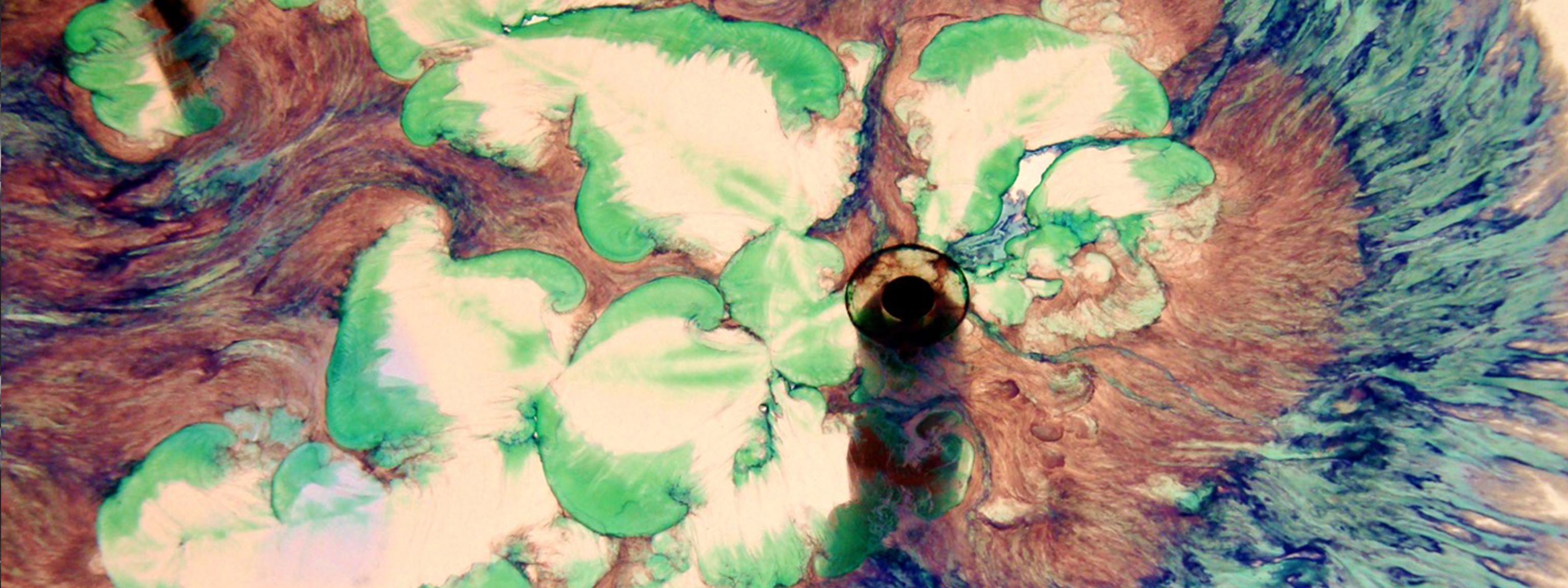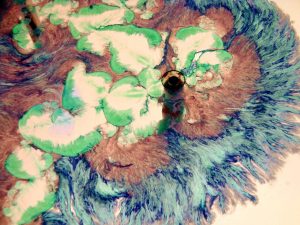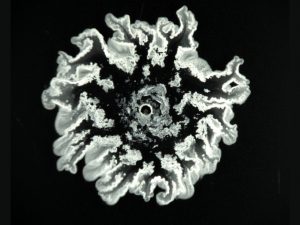

3.
AREA OF ACTION
SCIENCE
Encourage scientific research programmes developed by Belgian or European universities and academic institutions in social sciences, exact sciences and medicine.
Every year in December, the Foundation selects beneficiary institutions and projects to support.
Scientific research programmes
For 2024, the Foundation has committed itself to following the research carried out by Mikhail Kissine. The aim of this research is to discover the obstacles to language in autism. In fact, in 50% of children with a form of autism, language acquisition starts with a considerable delay and around 30% will never speak. Language is a central concern for parents, and the level of language in the early years has a major impact on the child’s later development. Discovering what hinders the development of language in autism would be a major scientific advance, which could be directly transposed into early intervention techniques.
Since 2022, the Foundation has been supporting Professor Alban de Kerchove’s Maged1 project. Professor de Kerchove and his team recently discovered that a gene, Maged1, plays a major role in drug addiction. He found that inactivating Maged1 in mice renders them totally insensitive to the effects of drugs of abuse. This discovery opens up the possibility of a therapeutic approach aimed at inactivating Maged1 or the mechanisms in which it is involved, in order to treat drug addicts and break their addiction to drugs.
In 2022, the Cardiovascular Biomechanics project led by Professor Nicolas Baeyens is seeking to understand how mechanical forces are perceived and integrated in the cardiovascular system and to propose new pharmacological approaches specifically targeting these cellular responses.
For 2020, the Foundation is supporting the ACTE: Autism in Context: Theory and Experience group at the Université Libre de Bruxelles led by Prof. Mikhail Kissine. A specialist in cognitive pragmatics and clinical linguistics, he focuses on language acquisition in children with Autism Spectrum Disorders. The project supported, which combines linguistics and experimental psychology, will enable us to meet this scientific and societal challenge and help create appropriate early intervention tools.
In 2019, the Périer-D’Ieteren Foundation selected the project CLEAN: Combustion in Low-Emission And CO2-Neutral technologies of Professor Alessandro Parente (Université libre de Bruxelles). The project aims to use the most recent technologies in computer science and digital simulation to decrypt the complex turbulent reacting flows and develop clean and efficient multifuel combustion technologies.
In 2018, the Foundation committed to support, with an amount of €50,000, the doctoral programme of the ULB Neuroscience Institute (UNI). The financing of an “International PhD Programme” grant enabled the ULB to hire a young talented researcher from abroad to carry out research in Belgium. UNI associates humanities and exact, clinical and fundamental sciences as part of an interdisciplinary approach that aims to integrate all these areas of research within a unique institute directed by Professor Axel Cleeremans.
In 2017, the Périer-D’Ieteren Foundation offered financial support in the order of €10,000 for research on the chemical control of the geological sequestration of carbon dioxide conducted by Anne De Wit and Laurence Rongy in the Non-Linear Physical Chemistry Unit of the Faculty of Sciences at the Université Libre de Bruxelles (project supported by the ULB Foundation).
The goal is to use the reactivity of chemical species to control their distribution in the subsoil. The injection of carbon dioxide into the subsoil is one of the solutions put forward to sequestrate this greenhouse gas and thereby limit its concentration in the atmosphere. The precipitation patterns can transform, for example, carbon dioxide into harmless minerals.

